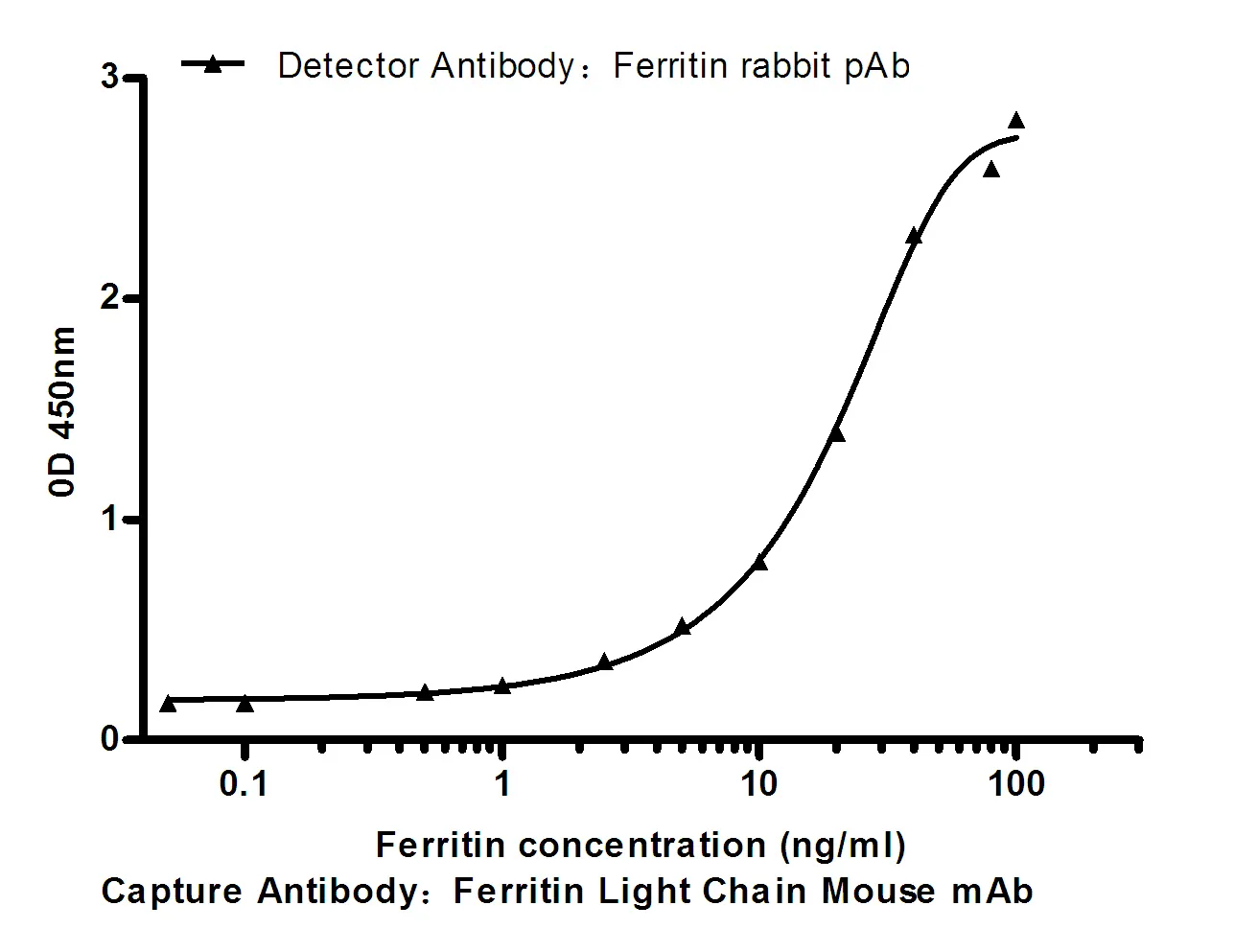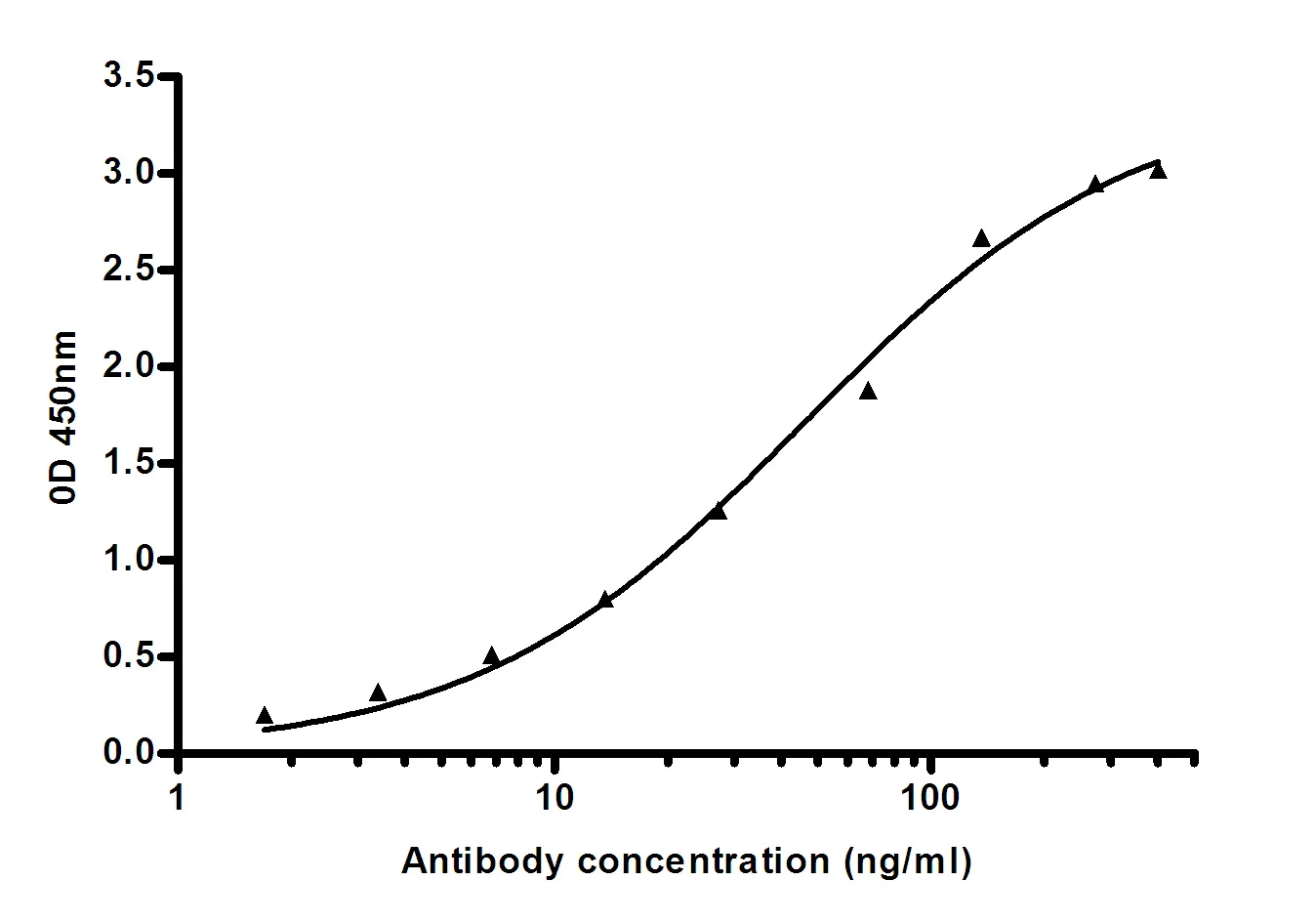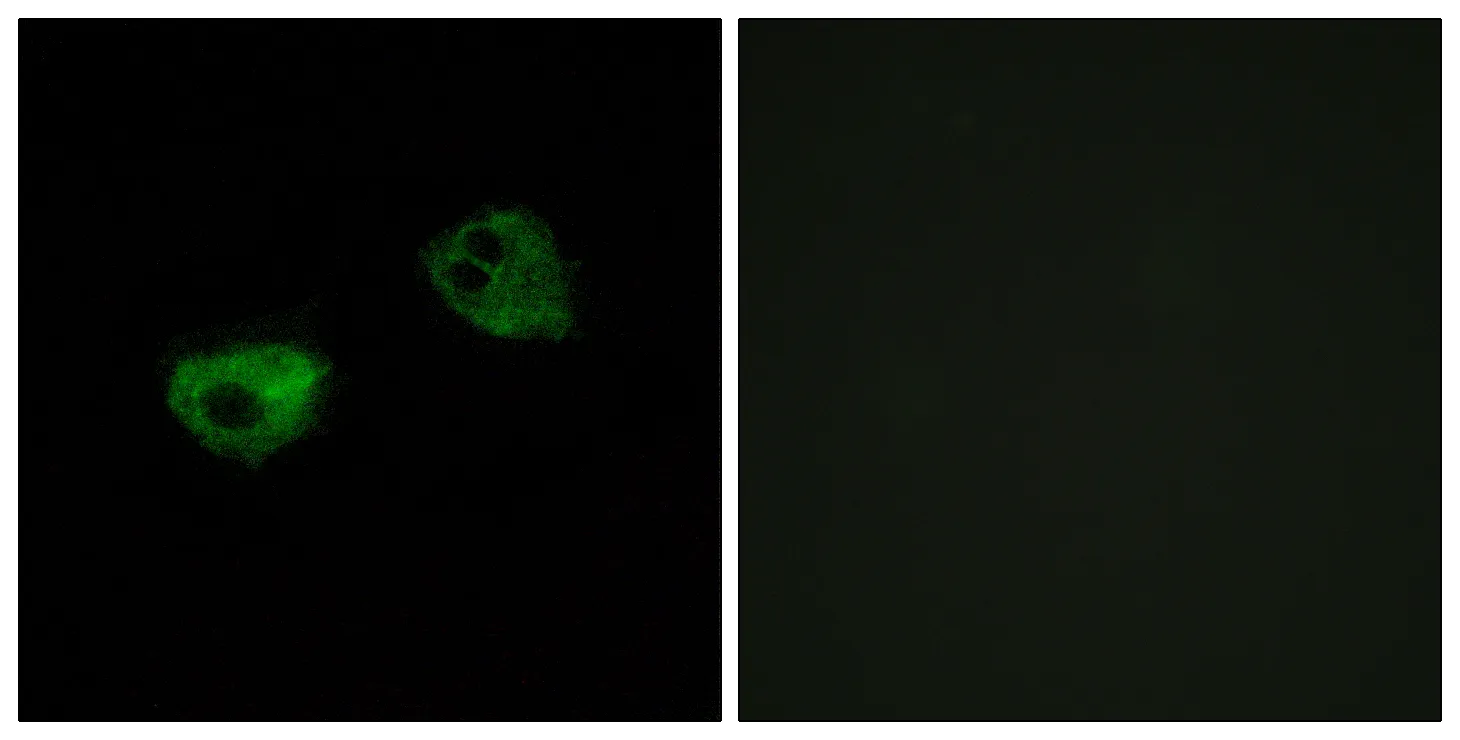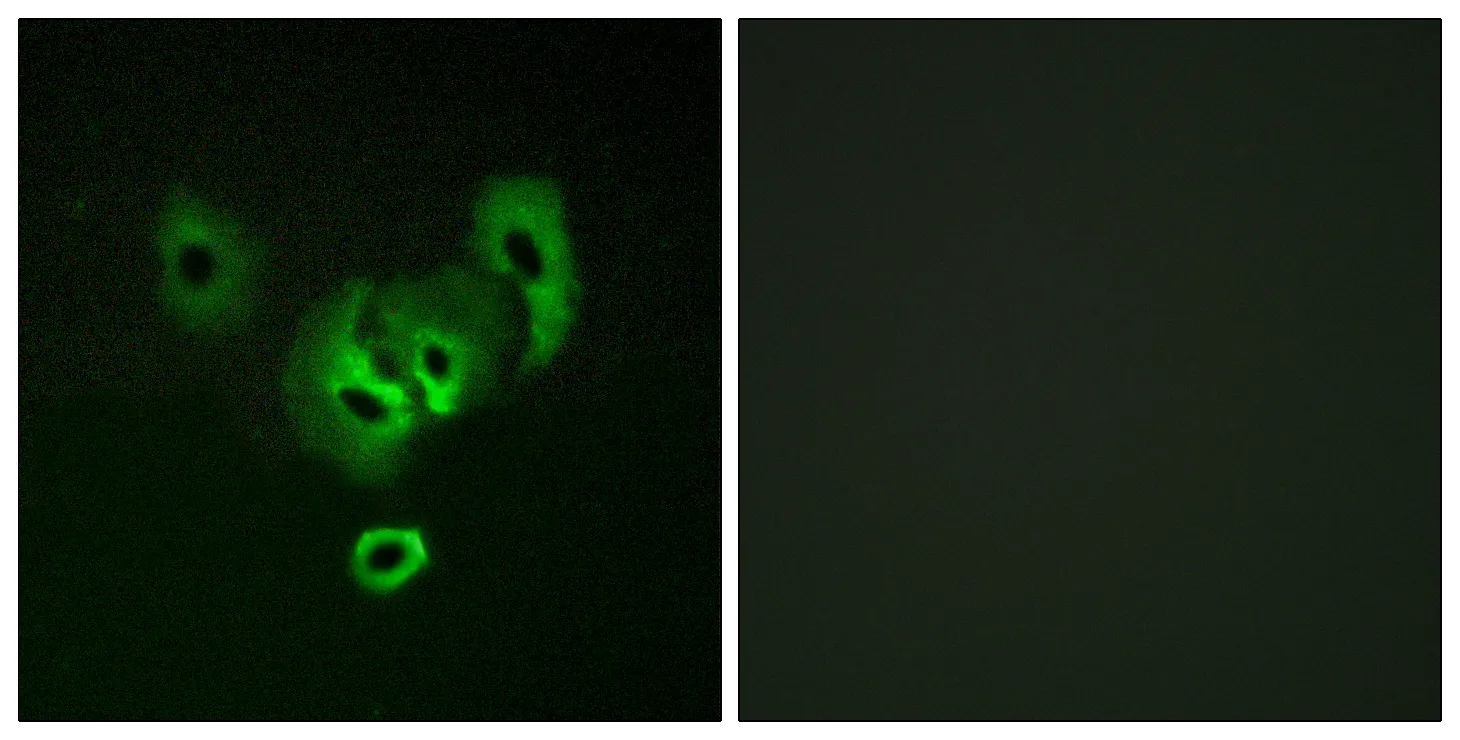Summary
Performance
Immunogen
Application
Background
The protein encoded by this gene is highly similar to Cdc 37, a cell division cycle control protein of Sacchromyces cerevisiae. This protein is a molecular chaperone with specific function in cell signal transduction. It has been shown to form complex with Hsp90 and a variety of protein kinases including CDK4, CDK6, SRC, RAF-1, MOK, as well as eIF2 alpha kinases. It is thought to play a critical role in directing Hsp90 to its target kinases. [provided by RefSeq, Jul 2008],function:Co-chaperone that binds to numerous kinases and promotes their interaction with the Hsp90 complex, resulting in stabilization and promotion of their activity.,PTM:Constitutively sumoylated by UBE2I.,similarity:Belongs to the CDC37 family.,subunit:Forms a complex with Hsp90. Interacts with AR, CDK4, CDK6, EIF2AK1 and RB1.,
Research Area
PI3K/Akt




